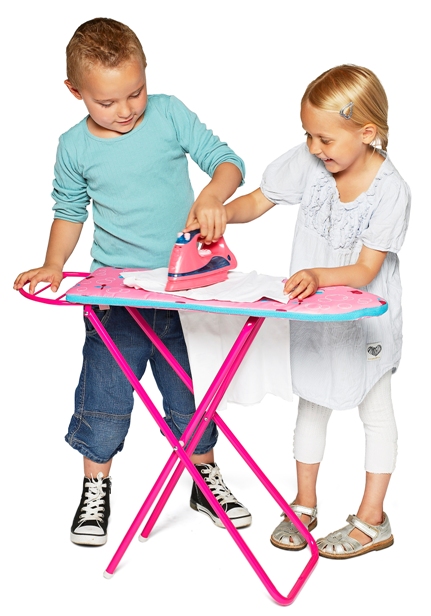As many of you are aware, the creator of the Bonkers Beat programs, Galina Zenin, is an industry leader in early childhood education. She recently arrived back from the USA after presenting at the 2015 CAEYC Conference. Over the weekend of March 21 & 22, Galina was back into presenting, visiting Adelaide to speak at the Montessori ECEC Conference in Glenelg.
Many Montessori principles are incorporated within the Bonkers Beat program. With the Montessori ECEC Conference in mind, let’s explore three reasons that we believe Montessori makes sense as an educational approach in early childhood education.
INDEPENDENCE
Montessori is well-known for facilitating independence in children, not by leaving them to go it alone, but for providing children with practical learning experiences and the opportunity to learn to care for themselves, as well as the world around them. The Montessori approach differs from the traditional approach that usually involves the caretakers managing the care of the child and the environment. Montessori’s self-teaching principles give children the independence and self-motivation that comes from building confidence within.
You can read more research articles about Montessori at montessoriaustralia.org.au.
MEANINGFUL
Another aspect of Montessori that we love is that kids get to learn ‘why’. This addresses why children lose information, which is perhaps because it’s not meaningful to them. Montessori aims to show children a problem and solution – actively demonstrating cause and effect across various areas of learning. It is not surprising then that children who have learned from a Montessori perspective tend to be more responsible for their actions!
LEARNING BECOMES FUN
When children feel like they have a choice in how they learn, they are more responsive and more responsible for their own outcomes. They learn through their own actions and experiences and there’s nothing more special than seeing a child work something out for themselves – that sense of achievement can be spotted on a child’s face from a mile away!
Keep an eye on our Facebook page where we often share information about activities with a Montessori approach.
If you’re interested in learning more about how we incorporate Montessori into our programs, head to NQSRating.com.au. Galina has two exclusive events coming up, in Melbourne on April 23 and then in Sydney on May 4.


